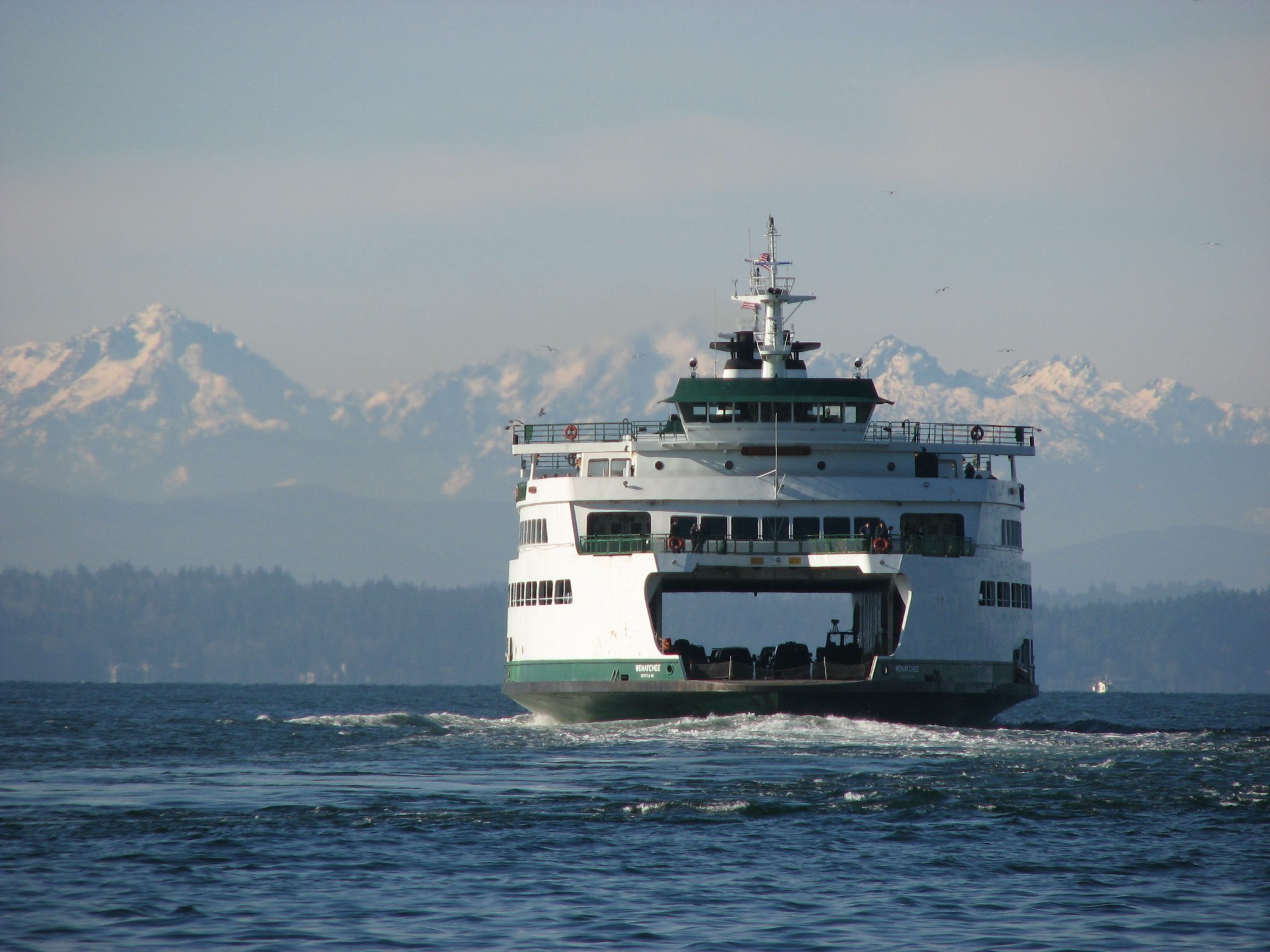State transportation spending is in need of serious reforms. Washington State’s methods of paying for key transportation projects encourage waste. Securing a better transportation future necessitates change. GOP state Senator Doug Ericksen has identified two fixes our state can employ to kick-off necessary reforms and “pass muster with taxpayers.”
First, Washington would achieve significant savings by improving the efficiency of ferry-construction projects—British Columbia provides a perfect example. Last summer, B.C. purchased three ferries from a Polish shipyard for the price of what our state currently spends on a single ferry. B.C. spent a total of $132 million in U.S. dollars for three ferries. The Washington State Department of Transportation (WSDOT) spent $144 million for one ferry last year.
The ferries are relatively comparable in size. Each Canadian ferry has a capacity of 145 cars and 600 passengers. Alternatively, Washington’s new “Olympic”-class ferryboats will accommodate 144 cars and 1,200 passengers. Currently, the second of three boats is under construction for the projected cost to our state of $393.5 million—almost exactly three times what B.C. will spend.
Ericksen presents the cost differences as a lesson in efficiency. “There are some differences in design, but this ought to tell us something,” he said. “Of course we can be more efficient.
The Washington State Auditor agrees. According to a new report, Washington taxpayers pay “some of the highest costs in the nation to build ferries.” A large part of the cost is due to mandates that “ban truly open bidding for ferry construction.”
The Washington Policy Center points out that discounted ferries are not the only cost efficiency taxpayers are missing out on due to the mandates. Canadians receive substantial cost-saving guarantees from ship builders, including penalties and even full refunds for contract violations. Canadians also receive modern upgrades, new ferries that can “run on diesel or clean natural gas, improving air quality and reducing carbon emissions.” Alternatively, Washington’s newest ferries continue to only burn diesel.
Second, Washington would be able to redirect billions toward construction under current spending proposals by eliminating the sales tax on road-construction projects. Currently, our state engages in a “longstanding practice of charging itself sales tax for materials used in road-construction projects.” The practice “allows the state to transfer gas-tax money from the state transportation fund to the general fund.
The funding mechanism evades a constitutional amendment (passed by Washington voters) that restricts fuel taxes for transportation purposes. And, while legal, it “drives up the cost of road construction.”
Ericksen points out that people underestimate how much the state loses by applying this practice and paying sales taxes for transportation projects. Approximately $1.5 billion to $1.8 billion more revenue from the state fuel tax could go to road projects by ending the diversion from the transportation budget to the general fund.
Ericksen has introduced SB 5428 for the purpose of eliminating the state sales tax on public road-construction projects. He expects to introduce a bill that would implement more efficient practices for ferry-construction later this session.
Before taking into consideration any new funding method for transportation, it is essential to ensure that taxpayers’ hard-earned dollars are being used efficiently and accountably.




